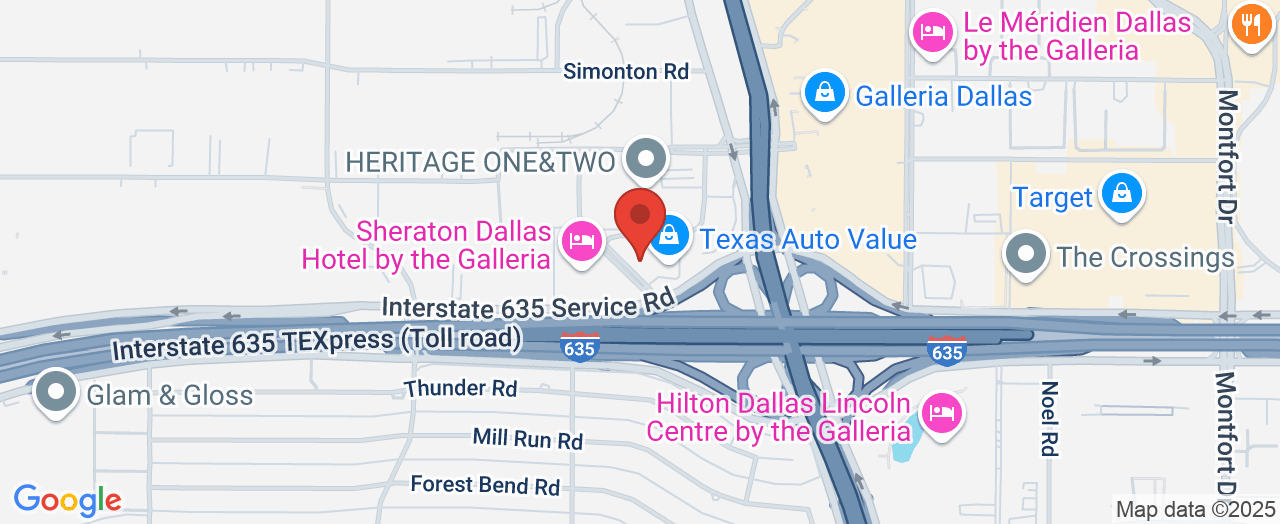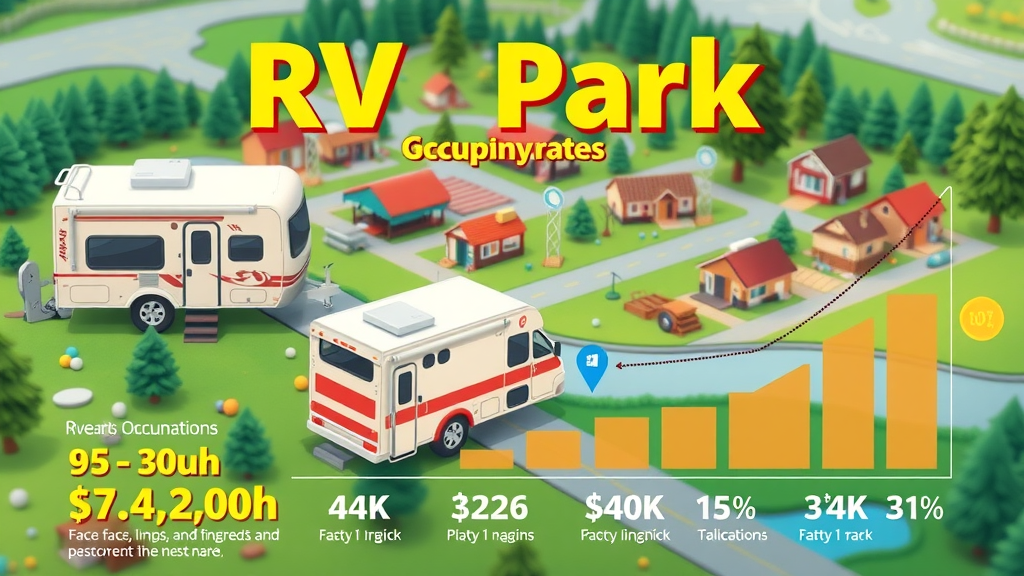Navigating the Risks in Commercial Real Estate Law—What You Don’t Know Could Cost You
Across the United States, millions of dollars change hands in commercial real estate transactions every day—but beneath the surface of every deal lurks a web of legal pitfalls. Consider this: one overlooked clause or misunderstood contract term could expose buyers, sellers, or investors to staggering financial losses, litigation, or years of headaches. Why is that? Commercial real estate law isn’t just about bricks and mortar; it’s an ever-evolving system of regulations, paperwork, and legal relationships that can transform a straightforward opportunity into a costly ordeal for the unprepared.
For corporate decision makers, entrepreneurs, and first-time investors alike, the stakes are high. Compliance requirements, zoning issues, environmental regulations, and the nuances of property rights add up quickly—and are often left to chance. Too often, assumptions are made, shortcuts are taken, and legal details are glossed over under the pressure to close a deal or move ahead quickly. Unfortunately, these oversights can snowball into unresolved disputes, invalid leases, or unanticipated expenses that could threaten the very success of your investment. Understanding the core principles and nuances of commercial real estate law is not optional—it's imperative.
A little legal knowledge goes a long way—but incomplete or outdated understanding can be downright dangerous. Whether you are expanding your business footprint, entering a complex partnership, or making your first major property purchase, grasping the essentials of commercial real estate law is the first line of defense against avoidable errors. This article will help peel back the layers, revealing crucial insights on how to steer clear of common traps and protect your bottom line.

Unpacking Commercial Real Estate Law: What Every Investor and Business Should Know
Commercial real estate law involves the vast collection of statutes, case law, and contractual obligations that govern the buying, selling, leasing, and managing of properties used for business purposes. Unlike residential real estate, which has a more standardized set of protections, commercial real estate law requires a greater degree of negotiation, customization, and due diligence. Legal documents such as purchase agreements, leases, and zoning compliance forms are rarely “one size fits all”—and even experienced business professionals can misinterpret their implications without specialist guidance. Risk of legal challenges is real: from environmental liabilities and title defects to restrictive covenants and ambiguous contract terms, one bad decision can trigger years of litigation and financial hardship.
Working within commercial real estate law means recognizing that every transaction brings its own unique legal landscape. In Dallas and nationwide, market volatility and regulatory change are constants, making legal foresight crucial. Overlooking seemingly minor details—like sublease clauses, permitted uses, or easement rights—can derail projects and strain relationships between business partners. The complexity is multiplied for those balancing partnerships, mergers, or cross-state investments, where differing jurisdictions and conflicting statutes compound the challenges. Without a clear grasp of these risks and opportunities, even the most promising deals can end in avoidable setbacks or lasting regret.

The value of professional legal insight shows up not just in protecting your investment, but in unlocking pathways for growth and adaptability. Deep expertise in commercial real estate law empowers businesses and investors to structure deals that stand up to scrutiny, withstand economic shifts, and support long-term goals. Beyond compliance, it’s about anticipating issues before they arise—transforming uncertainty into confidence and turning every transaction into a foundation for future success.
The Tangible Benefits of Legal Mastery in Commercial Real Estate Deals
Strategic legal knowledge isn’t just about playing defense—it’s a proactive tool for unlocking opportunity and growth. Legal expertise in commercial real estate law provides tangible benefits such as airtight contract drafting, fair negotiation, and protection against undisclosed liabilities. For investors, business owners, and corporations alike, this degree of diligence minimizes financial risk and delivers the peace of mind that comes with knowing deals are structured for both security and flexibility. Laws governing commercial leases, zoning compliance, and property transfers are notoriously complex, but with the right legal insight, these hurdles become manageable—not menacing.
Expert contributors with a deep background in real estate, business, and estate planning law, such as those at Andrews & Barth, PC, bring an essential perspective to modern transactions. Their approach draws on decades of experience to anticipate challenges, tailoring legal solutions to each client's goals whether for a first-time investor or a multi-national corporation. By offering forward-thinking, transaction-specific advice, legal specialists close knowledge gaps that might otherwise go unnoticed—positioning their clients to make informed, cost-effective decisions. For those serious about protecting their assets and maximizing returns, understanding and leveraging the power of commercial real estate law is nothing short of game-changing.

Adapting to a Changing Market: Commercial Real Estate Law in a Complex Economy
The commercial property sector evolves at breakneck speed, and so do the laws that govern it. As the economy fluctuates, Dallas and other major markets face shifting regulations, altered lending practices, and new pressures from public policy. This means yesterday’s contract templates or negotiation techniques may fall dangerously out of date. Staying ahead means not only understanding the current legal environment, but also having the foresight to predict where risks and opportunities are emerging. It’s here that an agile, expert legal strategy saves both time and money.
A firm grasp of these evolving legal standards is especially relevant as new types of businesses, investment vehicles, and hybrid properties change commercial real estate’s landscape. Partnering, merging, or restructuring ownership each introduce unique challenges—including tax considerations, partnership agreements, and regulatory compliance. Legal innovators with experience in commercial real estate law equip clients to navigate today’s volatility—and tomorrow’s uncertainties—by crafting adaptive, resilient agreements that address both current and future needs.
From First-Time Investors to Industry Leaders: Why Personalized Legal Guidance Matters
One consistent lesson echoes across decades of successful property deals: no two clients—or transactions—are alike. The legal intricacies that bedevil a multinational developer may differ entirely from those faced by a private investor or a growing local business. Legal experts grounded in deep client relationships, as demonstrated by Andrews & Barth, PC, emphasize the importance of understanding not just the transaction, but the individual’s or company’s unique goals. This blend of personalized attention and broad legal expertise provides the flexibility to tailor solutions for risk management, negotiation, and long-term strategic planning.

Just as no two snowflakes are the same, no two estate or property transactions share identical legal DNA. Effective legal advisors move beyond “off-the-shelf” answers and instead design creative, forward-thinking approaches that maximize value and minimize surprises. The result? Clients—regardless of size or sophistication—find themselves empowered to make decisions with confidence and clarity, shielded from the blind spots that trip up less-informed counterparts.
Practical Strategies for Minimizing Risk in Commercial Real Estate Transactions
Even seasoned investors and business owners can fall prey to the subtle risks of commercial real estate law without the right guidance. One frequently overlooked safeguard is the careful review of every document—no matter how routine it seems. An innovative legal partner focuses not just on drafting contracts or negotiating terms, but also on identifying hidden risk factors: environmental concerns, compliance gaps, or problematic ownership histories. These checks and balances are as important to the small business owner as they are to the boardroom executive.
Many pitfalls stem from communication missteps or misaligned expectations among stakeholders. That’s why proactive, clear communication and transparency form the backbone of strong legal strategies. The most effective advisors dedicate themselves to fostering open dialogue and setting out each party’s rights and responsibilities from the beginning—leading to smoother closings, fewer disputes, and longer-lasting partnerships. Adopting these principles is a practical way for anyone navigating commercial real estate to remain vigilant and protected.
The Andrews & Barth, PC Approach: Insightful, Relationship-Driven Legal Expertise
What sets Andrews & Barth, PC apart in the competitive field of commercial real estate law is their unwavering commitment to client understanding and tailored legal solutions. Rather than offering standardized answers, their practice builds on meaningful client relationships—delving deep into each client's objectives to deliver legal counsel aligned with individual and corporate aspirations. This relational approach ensures not just contract compliance, but also strategic alignment with clients’ evolving goals, providing both stability and adaptability as markets and personal circumstances shift.
Decades of experience across real estate, business law, and estate planning allow Andrews & Barth, PC to draw on a vast legal toolkit—delivering cost-efficient, timely, and responsive solutions for business giants and first-time investors alike. Their work is underpinned by a philosophy that every transaction deserves customized attention and that every client, regardless of background, can expect high-quality service the firm’s reputation is built on. This commitment to proficiency and personal connection is what consistently keeps their legal guidance relevant and reliable, no matter how the market or the law evolves.
In a world where legal missteps in commercial real estate can result in lost assets or missed opportunities, the approach taken by Andrews & Barth, PC—forward-thinking, creative, and relationship-focused—offers clients a rare advantage. They believe that while markets, economies, and goals may change, expertly delivered legal work and personalized service should remain steadfast.
Real-World Success: The Power of Preventing Legal Errors in Commercial Property Deals
Every successful transaction in the commercial real estate space becomes a testament to the value of expertly applied legal strategy. Whether for the seasoned developer, the rapidly growing small business, or the entrepreneurial newcomer, the benefits are concrete—measured not just in dollars saved, but in time, peace of mind, and stability. Drawing from actual experiences, it is clear that diligence in commercial real estate law translates to smoother closings, more robust contracts, and, ultimately, a stronger foundation for future ventures.
[[review_one_text]]
As businesses and individuals look ahead to new opportunities or expansion, the key lesson that emerges is simple: those who invest in cautious, collaborative legal guidance for their commercial real estate activities are positioned to benefit for years to come. That success—seen time and again in professional practice—can be replicated by anyone willing to prioritize legal mastery over shortcuts.
Why Legal Expertise Matters More Than Ever in Today’s Real Estate Market
The complexities of commercial real estate law won’t diminish anytime soon—in fact, as deals grow larger and more intricate, the risks are set to increase. Forward-thinking law firms like Andrews & Barth, PC are shaping the industry standard by delivering highly individualized counsel rooted in decades of experience and client-focused solutions. Their role in guiding countless clients through Dallas’s competitive landscape demonstrates that success is never accidental; it’s built on preparation, vigilance, and the right legal partner.
Whether you’re launching your first investment or spearheading a major acquisition, the importance of strong commercial real estate law knowledge cannot be overstated. With this foundation in place, every decision becomes less about worry and more about unlocking new value and growth.
Contact the Experts at Andrews & Barth, PC
If you’d like to learn more about how commercial real estate law could benefit your business and property ventures, contact the team at Andrews & Barth, PC. 📍 Address: 4851 Lyndon B Johnson Fwy Suite 500, Dallas, TX 75244, USA 📞 Phone: +1 214-369-2929 🌐 Website: http://andrews-barth.com/
Andrews & Barth, PC Location and Hours
🕒 Hours of Operation:📅 Monday: 8:30 AM – 5:30 PM📅 Tuesday: 8:30 AM – 5:30 PM📅 Wednesday: 8:30 AM – 5:30 PM📅 Thursday: 8:30 AM – 5:30 PM📅 Friday: 8:30 AM – 5:30 PM📅 Saturday: ❌ Closed📅 Sunday: ❌ Closed

 Add Row
Add Row  Add
Add 




Write A Comment